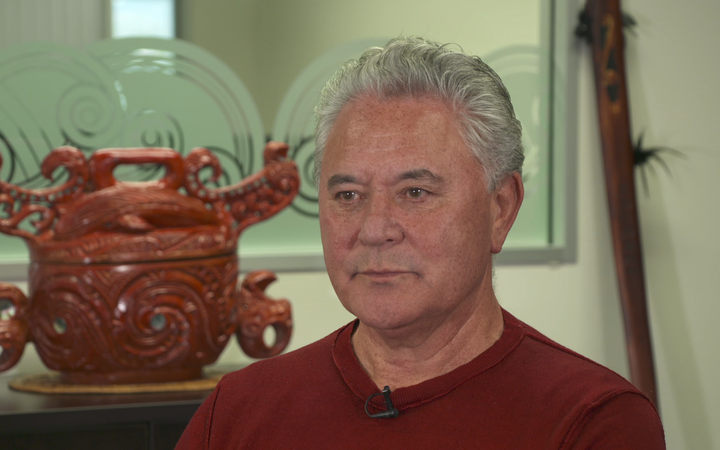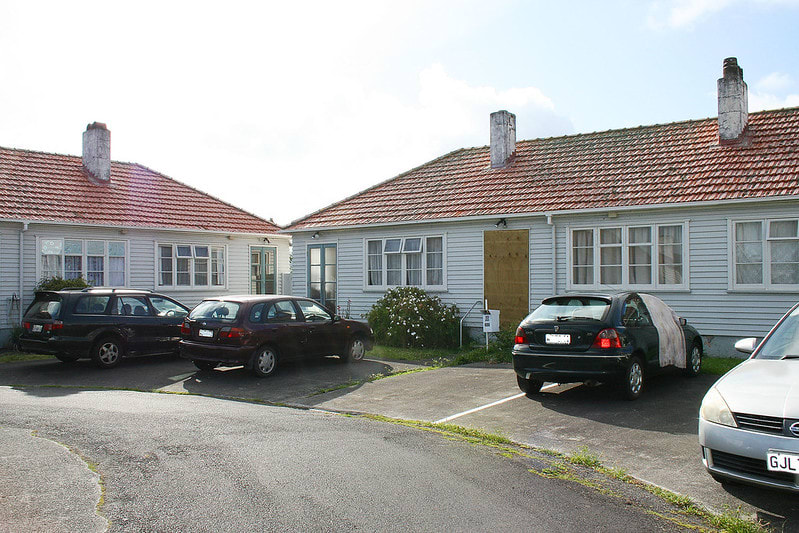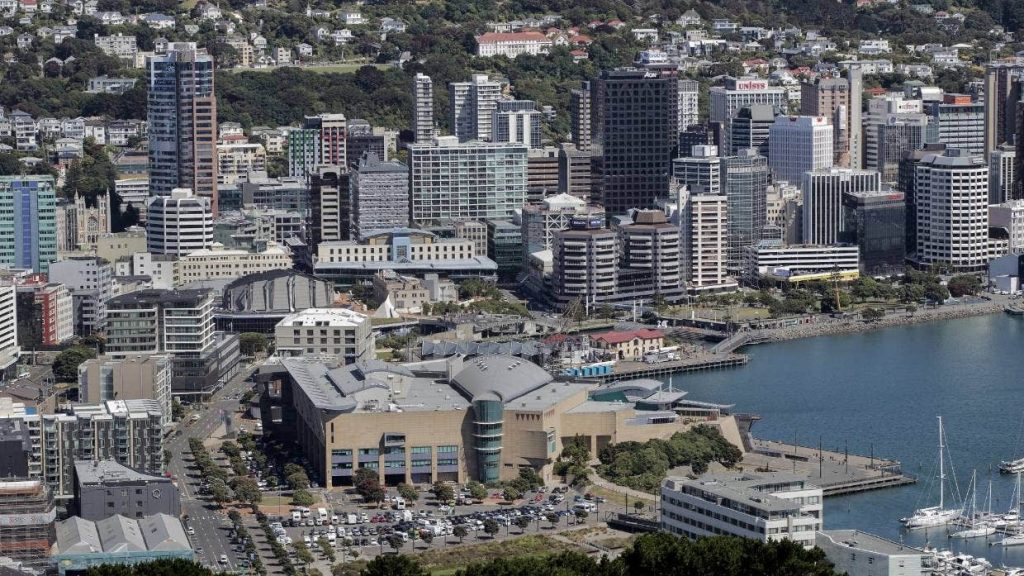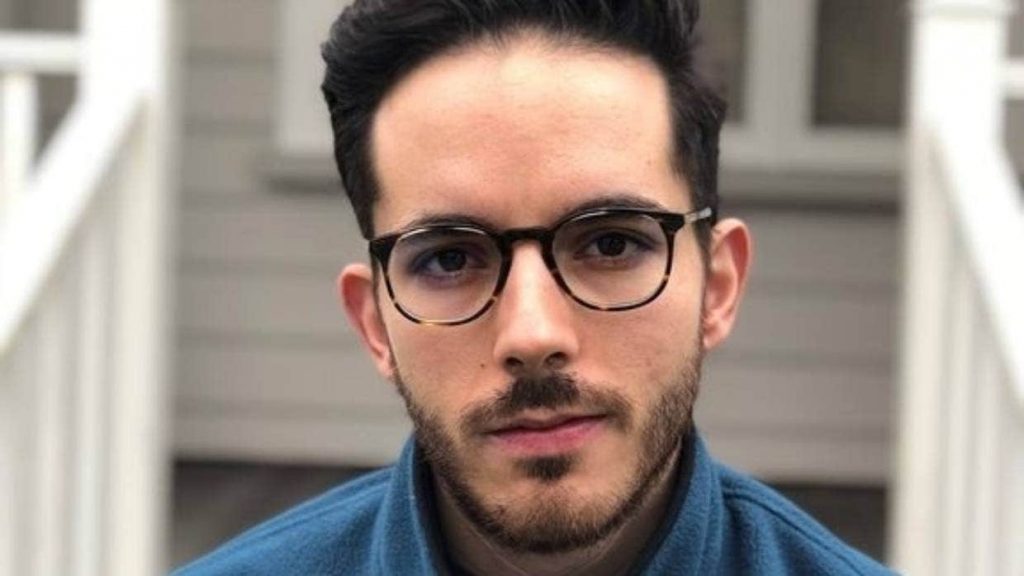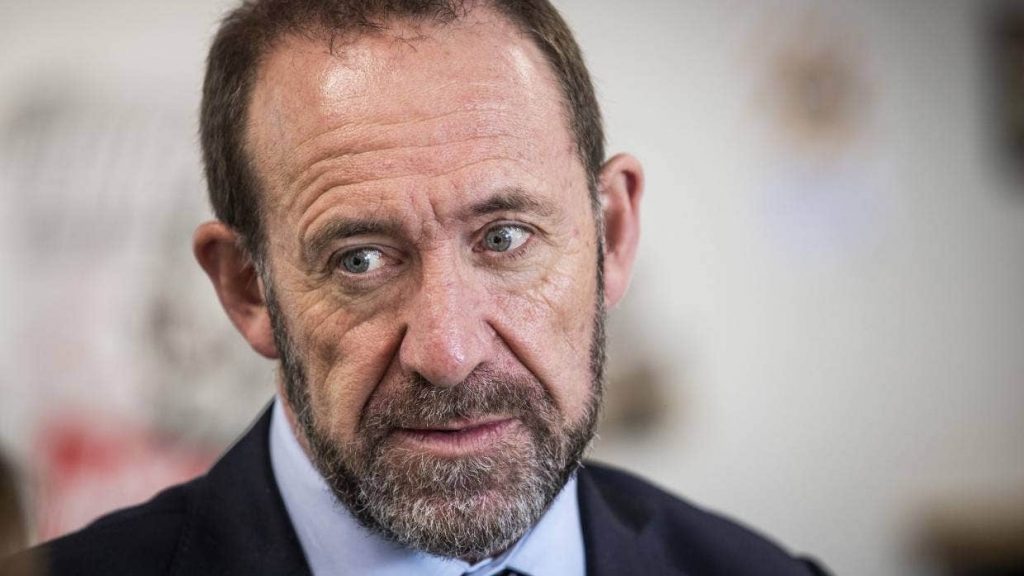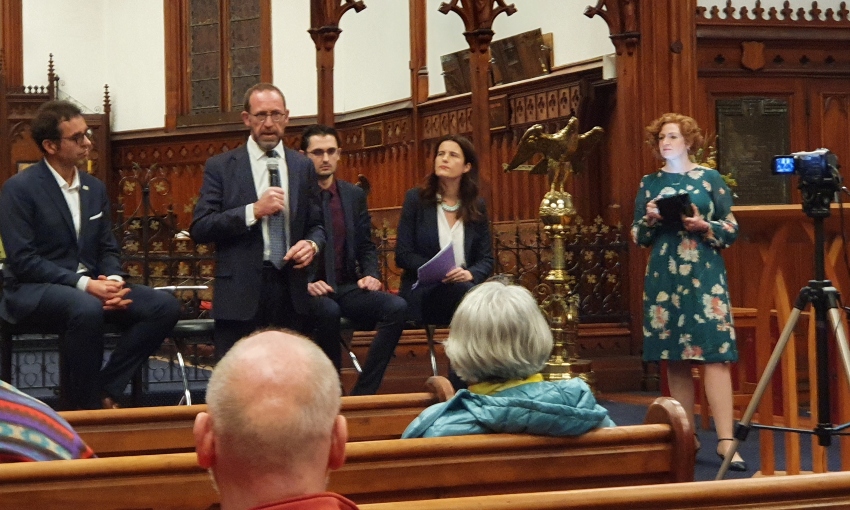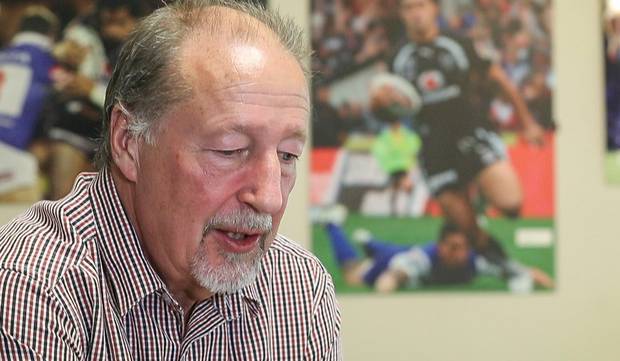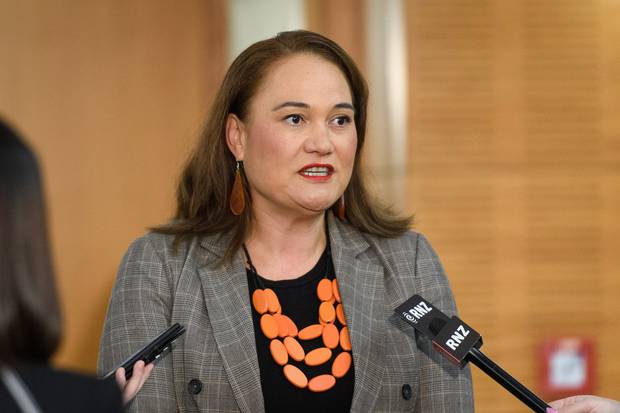George Laking, the spinoff, 24 September 2020

From damp housing to unsafe work, doctors see every day the conditions worsening the health of thousands of New Zealanders. Dr George Laking of the Royal Australasian College of Physicians explains the four things we can do make a change for the better.
Physicians are specialist doctors who look after people with medical illnesses. We mostly don’t do operations. We listen to patients and whānau, find out what’s happening, and work out a plan for recovery.
Our plans may involve medicines, but we know health depends on a lot more. Health often requires linking people up with social supports. Most importantly, good health depends on change. We need to change the conditions that make health fail in the first place.
At hospitals, we often talk about the “revolving door” that keeps people coming back into care, again and again. The revolving door is there because the condition of people’s lives makes them sick. It does not need to go on like this. The Royal Australasian College of Physicians (RACP) can point to four things that, when we get them right, will lead to good health for all New Zealanders.
These four things have long been known. They’re summed up in words famously associated with former Prime Minister Norman Kirk: “People don’t want much – just somewhere to live, someone to love, something to do and something to hope for”.
You won’t find a better prescription for a nation’s health than these words. They’re the starting point of the RACP’s work to #MakeItTheNorm. They’re backed up by our knowledge, experience, and evidence of the things that matter for health:
- Somewhere to live: It needs to be the norm that everyone has healthy housing.
- Someone to love: It needs to be the norm that all whānau enjoy wellbeing.
- Something to do: It needs to be the norm that everyone has good work.
- Something to hope for: There needs to be justice. Everyone has to have a fair go.
As Aotearoa goes to the polls, the RACP has one question: what are our elected leaders doing to make these four things the norm?
Our members are physicians and paediatricians working mainly in hospitals, all over the country. Every day, in clinics and on the wards, we see how New Zealand gets it wrong. We see the harm caused by cold, mouldy and damp housing; by whānau life on subsistence incomes; by unsafe and precarious jobs; and most perniciously, by inequity – the uneven access to resources that leads to avoidable and unjust loss of health.
The links have long been known between health and the conditions in which we gestate and are born, live, grow, work, play and age. Here, in more detail, is the prescription for change we need to make Aotearoa a healthier place.
